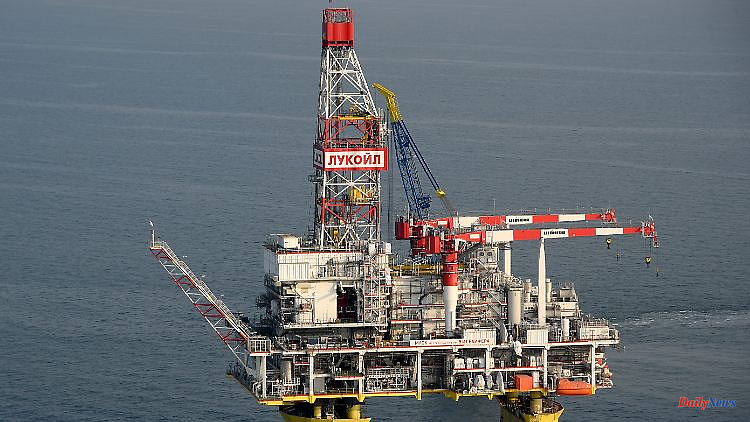The USA, Great Britain, Japan, Canada and Australia join the states of the European Union within hours: in future, a barrel of Russian oil should not pay more than 60 dollars. Some EU countries find the upper price limit too soft.
The group of seven most influential Western countries, G7, and Australia, as well as the EU, have set a price cap of $60 per barrel for Russian oil transported by sea. The G7 said the oil price cap would come into effect on December 5th. "The coalition of countries adopting an oil price cap may also consider other measures to ensure the effectiveness of the price cap," the statement said.
The price cap aims to reduce Russia's oil revenues while preventing a rise in global oil prices after an EU embargo on Russian crude came into effect on December 5. The G7 decision followed an agreement by EU countries on a price cap of $60 a barrel for Russian oil. This should be formally confirmed at the weekend.
European Commission President Ursula von der Leyen said the price cap will significantly reduce Russia's revenues. "It will help us stabilize global energy prices. This will benefit emerging markets around the world," von der Leyen wrote on Twitter on Friday evening. US Treasury Secretary Janet Yellen welcomed the price cap in a statement. "With the Russian economy already shrinking and the budget tightening, the price cap will cut Putin's main source of income immediately."
Some EU countries, on the other hand, would have liked to see the upper limit lower. Estonian Prime Minister Kaja Kallas described the price cap for Russian oil of 60 US dollars per barrel as the currently best possible compromise. "It's no secret that we wanted the price to be lower," she said after the EU countries had agreed. "Our experts estimate that a price of between 30 and 40 dollars would significantly damage Russia," says a statement from the State Chancellery in Tallinn.
The head of the Foreign Affairs Committee of the Russian House of Commons told the Russian news agency TASS on Friday that the European Union is endangering its own energy security by introducing the oil price cap.












